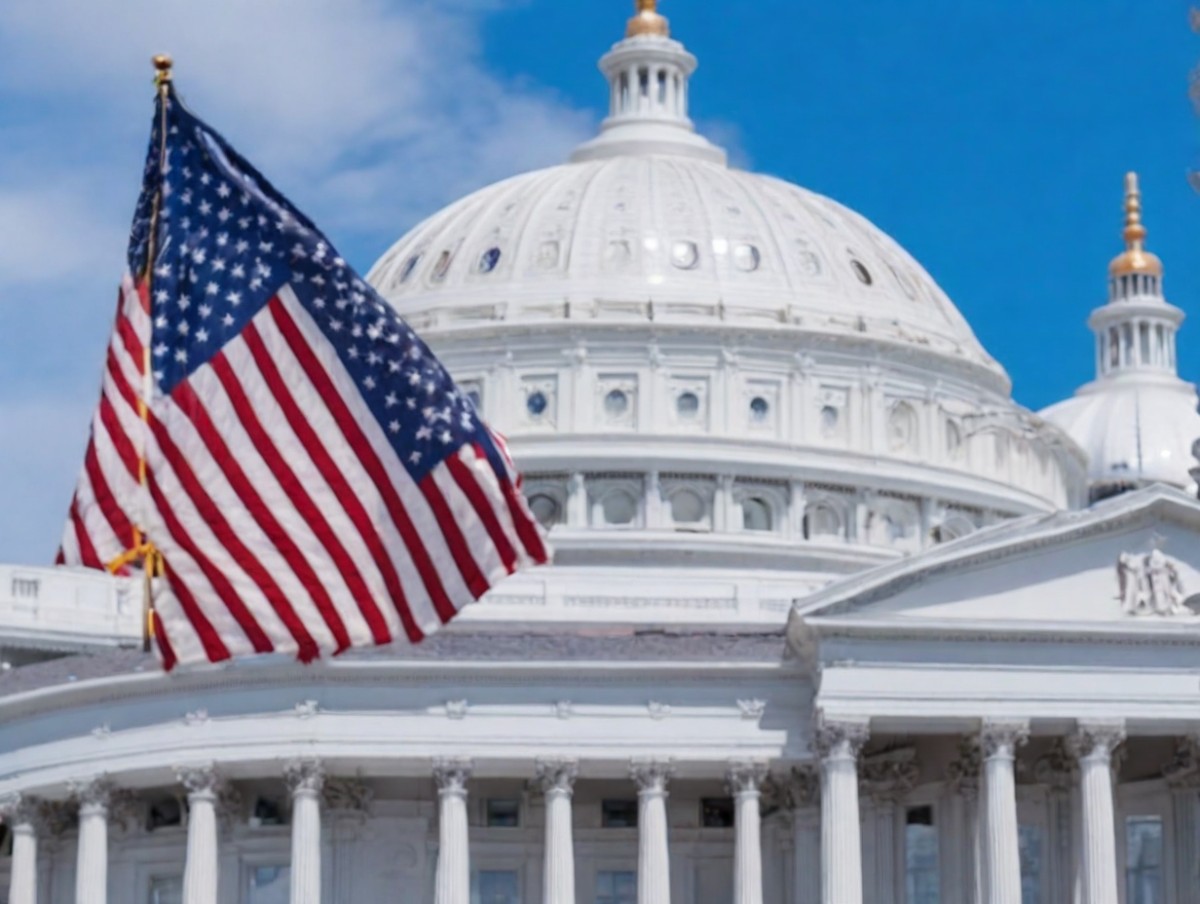Experts and legislators are urging legislative action in response to the swift developments in artificial intelligence (AI) to handle the numerous hazards and opportunities this developing technology presents. The nonpartisan nature of the issue and the pressing need for politicians to comprehend and successfully govern AI were highlighted by U.S. Senators Todd Young and Mark Warner at a recent discussion organized by the Bloomberg Center at Johns Hopkins University.
Sens. Warner and Young underscored the bipartisan consensus on the importance of AI regulation, emphasizing the need for legislators to familiarize themselves with the fundamentals of AI to enact informed policies. Warner highlighted the potential threats posed by AI-generated deep fakes, which have already been used to mislead voters and disrupt elections. He also expressed concerns about AI tools capable of manipulating financial markets, urging Congress to revisit existing laws to address these challenges effectively.
Protecting intellectual property rights
Young brought attention to the importance of protecting intellectual property rights in the AI landscape, particularly in relation to the data and content that fuel generative AI models. He emphasized the contributions of scholars, artists, and individuals to these models and proposed solutions such as watermarking web pages to facilitate compensation for content creators. Discussions on these issues are ongoing in judiciary and legislative committees, indicating a growing recognition of the need to safeguard intellectual property in the AI era.
Both Warner and Young stressed the urgency of congressional action on AI regulation, citing the inadequacy of current efforts to address emerging challenges in technology governance. Warner criticized Congress’s inaction on regulating social media platforms despite widespread concerns about their impact on democracy and public discourse. To address misinformation and extremism, he called for reforming Section 230, a law that shields online platforms from liability for user-generated content.
Expert perspectives on AI governance
Leading AI experts Rama Chellappa and K.T. Ramesh echoed the call for regulatory action, emphasizing the need to strike a balance between enabling AI innovation and protecting society from potential harm. Chellappa warned against overregulation, noting that while regulation is necessary, policymakers must avoid stifling the potential benefits of AI. Ramesh emphasized the importance of monitoring and tracking data inputs to prevent misuse and ensure the integrity of AI systems.
The need for effective regulation has never been more apparent as AI continues to permeate various aspects of society, from elections to financial markets. With bipartisan consensus on the importance of AI governance, lawmakers must act swiftly to enact policies that protect against misuse while fostering innovation. By engaging with experts and stakeholders, Congress can develop regulatory frameworks that harness the potential of AI while safeguarding against its risks.





